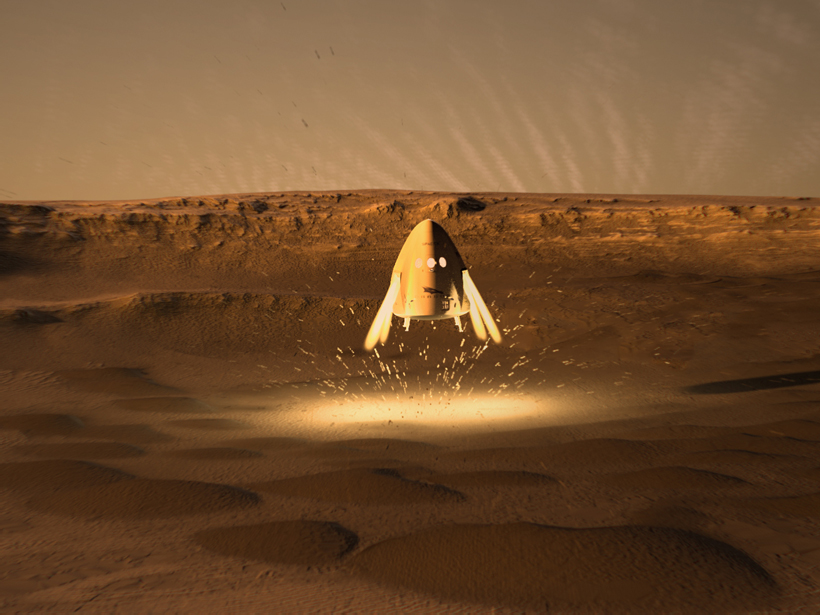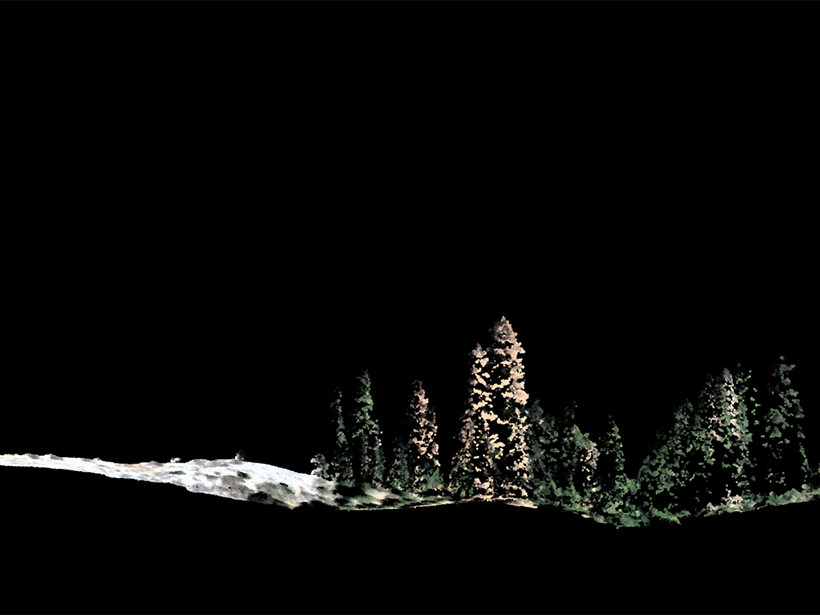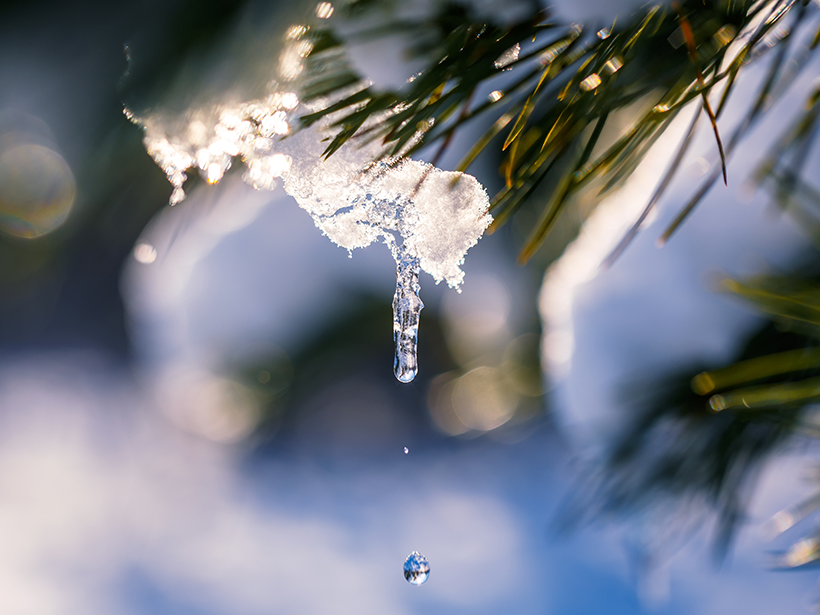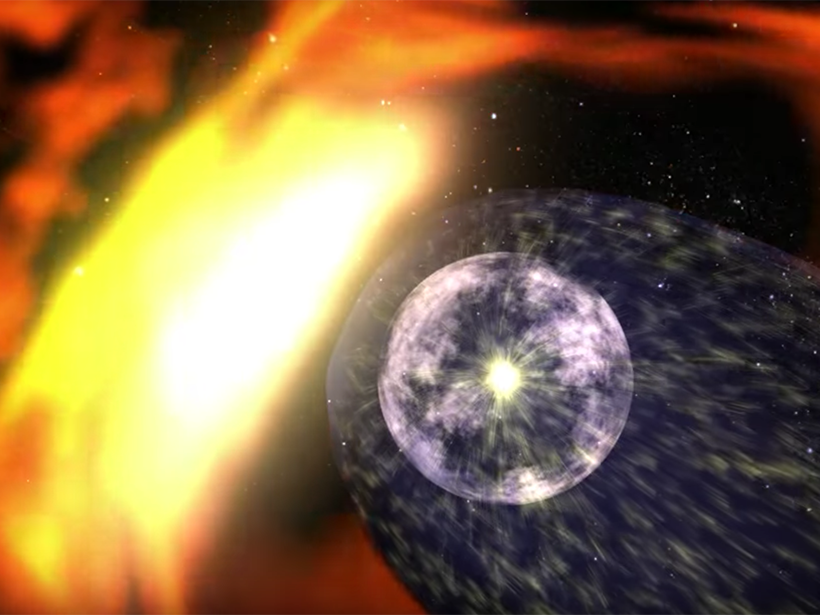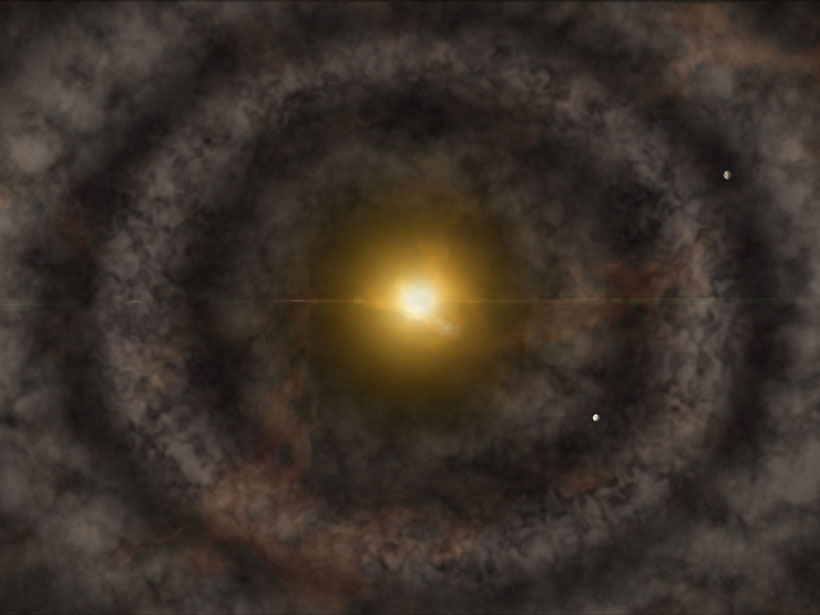Protocols for the Moon and Mars, human exploration, ocean worlds, and the private sector are all due for a major overhaul.
News
Podcast: Plate Tectonics, the Theory That Changed Earth Science
Third Pod from the Sun talks with pioneering geophysicist Xavier Le Pichon about what it was like to be a young scientist challenging deeply held theories.
Forum Focuses on Climate and the 2020 U.S. Election
Former Trump environment official tries to defend the White House while others call for stronger action in the face of growing urgency.
Europe’s Mightiest Glaciers Are Melting
Here’s what a century of ice melt looks like on the Alps’ highest peak.
Scientific Integrity Act Passes House Committee
Legislation would require federal science agencies to adopt and enforce strong scientific integrity policies.
The Bigger They Are, the Harder They Fall
New research tracking 1.8 million trees found that tall trees died at more than twice the rate of smaller ones toward the end of extreme and persistent drought.
Yet Again, Warmer Winter Looms for U.S.
NOAA’s winter forecasts are less confident than usual except in Alaska and Hawaii. Expect to see a lot of weather variability in the coming months.
Award-Winning Photojournalism and Other News of the Week
What Earth and space science stories are we recommending this week?
What Inflates the Solar Bubble? Voyagers Count What’s Missing
The first in situ measurement of the pressure at the edge of the solar system reveals that there’s still a lot we don’t know about what sets the size of the heliosphere.
Set to Music, Exoplanets Reveal Insights on Their Formation
Sonification hints at how some Kepler planets may have been configured in the late stages of their development.

